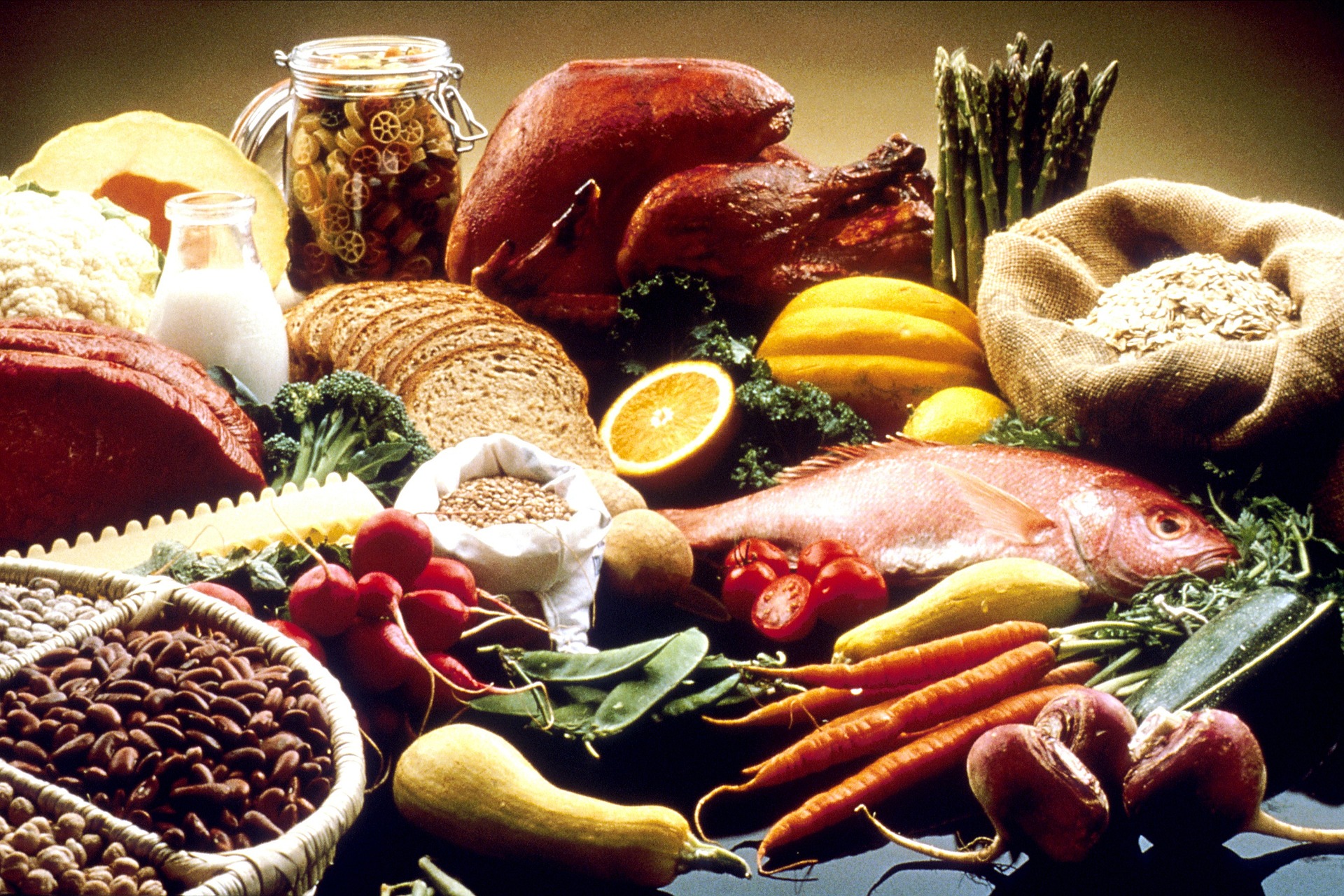
03 Jan 5 Nutrient-Rich Foods for Hormone Balance and Weight Loss
Are you looking to support hormone balance and achieve weight loss? Incorporating nutrient-rich foods into your diet can be a powerful tool. As a holistic life coach and nutritionist, I specialize in helping my clients achieve hormone balance and weight loss through proper nutrition.
Why Nutrient-Rich Foods are Essential for Hormone Balance and Weight Loss
Nutrient-rich foods are essential for hormone balance and weight loss because they provide the nutrients our bodies need to function properly. Hormones play a crucial role in many of our body’s functions, including metabolism, appetite, and energy levels. By eating a variety of nutrient-rich foods, we can support hormone balance and maintain a healthy weight.
^^Click to watch the video^^
My Top 5 Picks for Nutrient-Rich Foods
So what are some examples of nutrient-rich foods that can support hormone balance and weight loss? Here are my top 5 picks:
1. Lean Protein
Foods like poultry, fish, meat, legumes, and shellfish are high in protein and can help to support hormone balance and weight loss. In fact, protein is one of the most important nutrients for hormone balance because it helps to regulate appetite and maintain lean body mass.
Amino acids are the building blocks of proteins, and they play a crucial role in many of our body’s functions, including hormone balance and overall health. There are 20 different amino acids that our bodies need, and they can be classified as either essential or non-essential. Essential amino acids are those that our bodies cannot produce on their own, so they must be obtained through our diet. Non-essential amino acids can be produced by our bodies, but they can also be obtained through our diet.
Amino acids are important for hormone balance because they are involved in the production, regulation, and metabolism of hormones.
2. Good Quality Fat
Foods like avocado, nuts, and seeds and oils like olive, avocado, coconut, or ghee are high in healthy fats, which can help to regulate appetite and support hormone balance.
Not only do fats take longer to digest than carbohydrates, which can help to keep us feeling full and satisfied for longer periods of time, but good quality fats are also important for hormone production and regulation. For example, the hormone estrogen is made from polyunsaturated fats like those found in nuts, seeds, and fatty fish.
In addition, good quality fats are important for brain health. Fats make up the structural components of cell membranes and are involved in the production of neurotransmitters, which are chemicals that help to transmit messages between cells in the brain.
3. Fiber
Foods like leafy greens, berries, and nuts are high in fiber, which can help to regulate appetite and support hormone balance.
Fiber is not digested by the body, it adds bulk to the diet without adding calories. This can help to keep us feeling full and satisfied for longer periods of time, which can be helpful for controlling cravings and preventing overeating.
Second, fiber can help to support hormone balance by regulating blood sugar levels. Foods high in fiber are digested more slowly, which can help to prevent spikes in blood sugar. This is important because fluctuating blood sugar levels can lead to hormone imbalances, such as insulin resistance and high levels of the stress hormone cortisol.
Third, fiber is important for gut health. It helps to feed the friendly bacteria in the gut, which can help to improve digestion and support immune system function.
To ensure adequate intake of fiber, it is important to include a variety of sources in your diet, such as fruits, vegetables, nuts, seeds, and whole grains. The recommended daily intake of fiber is 25-30 grams for women and 40 grams for men
4. Nutrient-Dense Fruits and Vegetables
Vegetables like fennel, lettuces, radishes, artichokes, and broccoli, and berries and low GI fruits are packed with vitamins, minerals, and antioxidants that can help to support hormone balance and weight loss.
Fruits and vegetables are low in calories, high in fiber, and packed with vitamins, minerals, and antioxidants. They can help to regulate appetite, support hormone balance, and maintain a healthy weight.
In addition, fruits and vegetables are a great source of antioxidants, which can help to protect against oxidative stress and inflammation, both of which can contribute to hormone imbalances.
5. Fermented Foods
Fermented foods like kimchi, sauerkraut, and kefir are rich in probiotics, which are live microorganisms that can benefit the gut.
Probiotics are important for hormone balance and weight loss because they can help to improve digestion, support immune system function, and regulate appetite and metabolism.
In addition, probiotics can help to reduce inflammation, which can contribute to hormone imbalances and weight gain.
Conclusion
By incorporating these nutrient-rich foods into your diet, you can support hormone balance and achieve weight loss. Remember to choose a variety of sources and aim for balance in your meals and snacks. Working with a holistic life coach and nutritionist can also be a helpful way to tailor your diet and lifestyle to support your specific health goals.

P.S. Grab your FREE guide ‘How to Master Your Metabolism‘ here.

No Comments